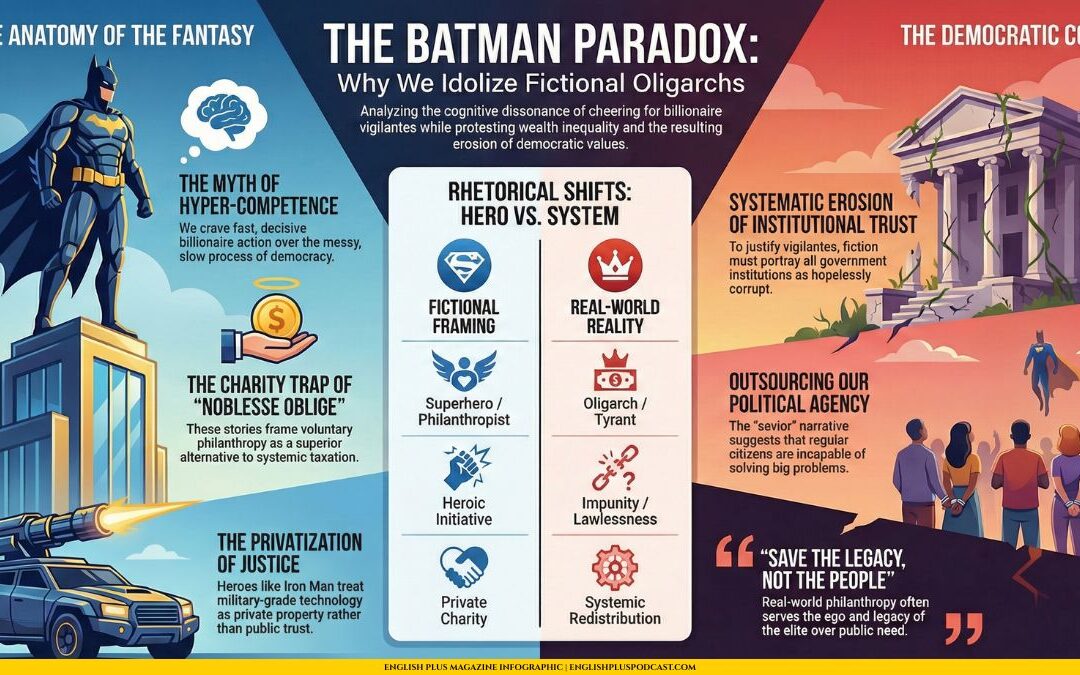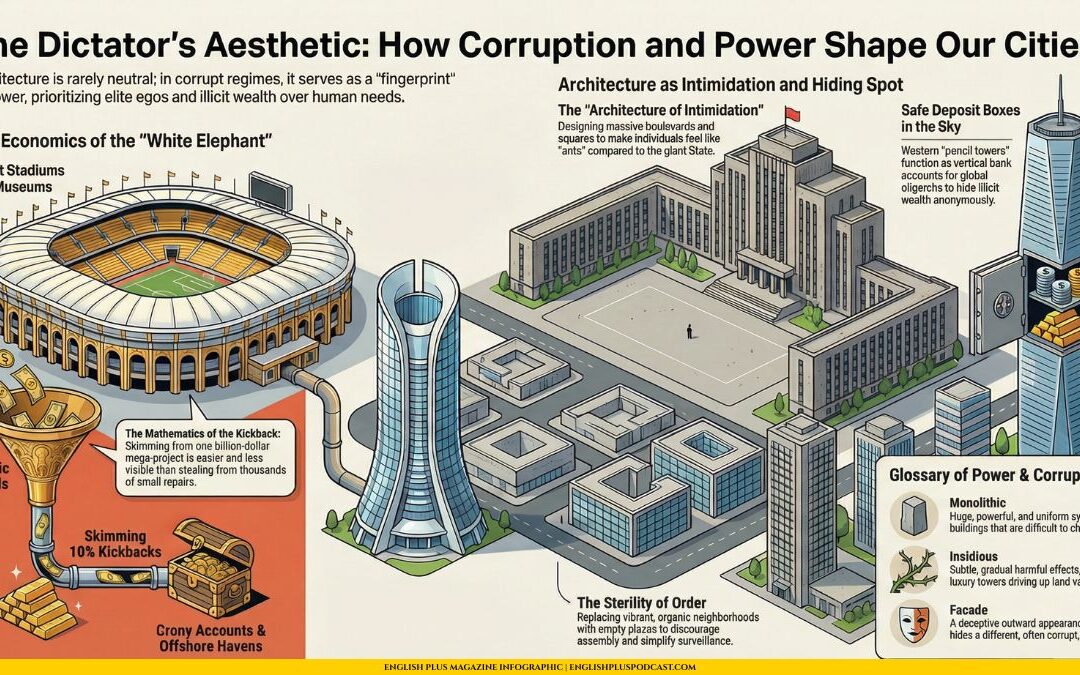What does ‘miscreant’ mean? Uncover its uses, from the mildly mischievous to the truly villainous, and learn when this word might be a bit too strong.


What does ‘miscreant’ mean? Uncover its uses, from the mildly mischievous to the truly villainous, and learn when this word might be a bit too strong.

Explore what makes someone or something “cosmopolitan.” Learn how to use this word accurately and when to choose a more specific alternative.

What does ‘deride’ mean? Explore this word for expressing scorn and contempt. Learn when it’s used, and why it often hurts more than it helps.

Discover the meaning of “anathema,” its origins, and when (and when not) to use this powerful word expressing extreme aversion.

Discover the meaning of ‘affable’ and how to use it to describe friendly, approachable people. Learn when to use this word and when to choose a different one.

Discover the meaning of “numinous” – a word that evokes the sacred, the spiritual, and the profoundly moving. Learn when and how to use it effectively.

Explore the meaning of “panoply” and learn how to use this impressive word to describe a wide array or collection. Discover its origins and examples!

What is invective? Discover the meaning, uses, and times to avoid this emotionally charged form of language, complete with examples.

Unsure when to use “rescind”? Learn the definition, appropriate contexts, and when you should consider other words for clearer communication.

What does ‘restive’ mean? Learn the definition, correct usage, synonyms, and examples of this word to improve your vocabulary.

Why do we cheer for billionaire vigilantes in movies but protest them in real life? Explore the “Batman Paradox” and what it reveals about our views on democracy, justice, and power.

Uncover the secrets of the “Shell Game” in Episode 2 of Shadow Games. We explain how shell companies work, the truth about offshore tax havens, and how “Dark Money” influences politics without leaving a trace. A guide to financial opacity.

Dive into the Renaissance, the explosive era that bridged the medieval and modern worlds, transforming art, science, and the very essence of human potential.

Explore the link between architecture and corruption. From ghost stadiums to pencil towers, discover how authoritarianism and money laundering shape our skylines in this deep-dive article.

Explore the murky world of political influence in Shadow Games Ep 1. We breakdown the fine line between legal lobbying and bribery, the revolving door, and the pay-to-play reality of modern power. Essential reading for understanding how governments really work.

Discover the chaotic allure of Tezcatlipoca, the Aztec god of destiny and sorcery. We dive into the myths of the Smoking Mirror to uncover ancient wisdom about fate, duality, and the unpredictable nature of life.